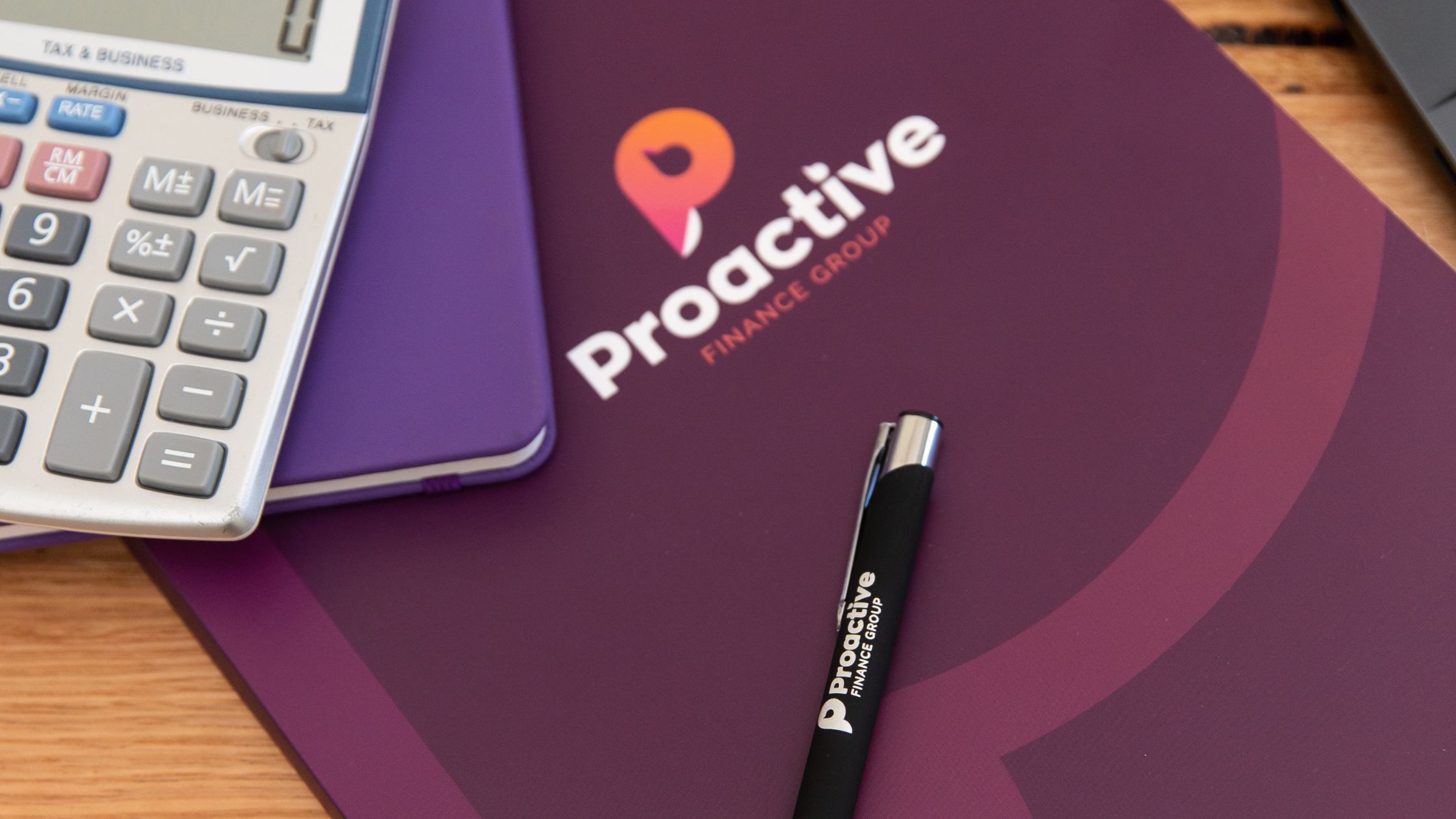Tax time. Nobody hears those words and thinks, “yay, it’s the most wonderful time of the year!”
But tax time can be rewarding, especially if you receive a tax refund at the end of it. It’s also a great opportunity to run through your finances and assess where you’re at.
If you’re a property investor, it’s important to be across all of the tax deductions that could be available to you. Here are some tips for your rental property.
Understand which rental expenses you can claim
As long as expenses are for the purpose of producing rental income and you have a record to prove it, you can generally claim them as a tax deduction.
The Australian Taxation Office (ATO) breaks rental expenses into three categories:
- Expenses you can claim a deduction for now (in the income year you incur the expense). Examples include:
- interest on loans
- council rates
- pest control
- insurance
- repairs and maintenance
- depreciating assets costing $300 or less.
- Expenses where you can claim a deduction over several years, for example:
- capital works
- borrowing expenses
- the decline in value of depreciating assets.
- Expenses you can’t claim a deduction for, such as personal expenses if you’re living in the property some of the time. Some expenses of a capital nature and the purchase of second-hand (or used) depreciating assets after 9 May 2017 are also excluded.
Apportion expenses correctly
With the advent of holiday rental companies like Airbnb, many people are increasingly renting out their properties for part of the year and earning an income from them.
If this is you, you will need to work out the amount of expenses that relate to your income-producing activities versus your personal use of the property.
Same applies if you only use part of the property to earn rent (you rent out one room), or if you rent your property at less than market rates.
You can find more information about how to apportion expenses correctly in the ATO’s rental properties guide.
Make sure you’re claiming every cent for eligible expenses over several years.
You can generally claim a deduction over several years for borrowing expenses, capital works, and asset decline in value.
Borrowing expenses like loan establishment fees can be claimed for five years or spread over the term of the loan – whichever is shorter. Borrowing expenses of $100 or less are deductible in the income year you incur them.
You can’t claim a deduction for capital expenditure, but in some cases, you may be able to claim capital expenses relating to your property over several years, including:
You can claim a deduction for the decline in value of depreciating assets used for income-producing purposes (e.g. timber flooring, carpets, curtains and dishwashers). A quantity surveyor can prepare a depreciation schedule outlining the decline in value of depreciating assets for tax purposes.
Attend to maintenance sooner rather than later
If you’ve been putting off repairs or maintenance, it’s a good idea to do it before the end of the financial year. That way, you could claim eligible expenses back on tax.
Get the pest control people out. Service the smoke detectors. And fix the wonky lock the tenant complained about in their last property inspection!
Remember to claim your finance and insurance costs
Generally speaking, you can claim the finance costs associated with your property investment, including bank fees and charges, borrowing costs and interest on loans.
Insurance premiums are also tax deductible, including building, contents, public liability and insurance for loss of rent.
It’s always a good idea to seek advice from your accountant about your tax affairs. We have working relationships with some great accountants in town and are happy to recommend, just ask us!
When it comes to your finance options, that’s where we come in as your trusted mortgage broker. We can review your current investment loan, and/or line you up with finance for your next purchase.
Give us a call today on 03 4418 3444 or schedule an appointment.





